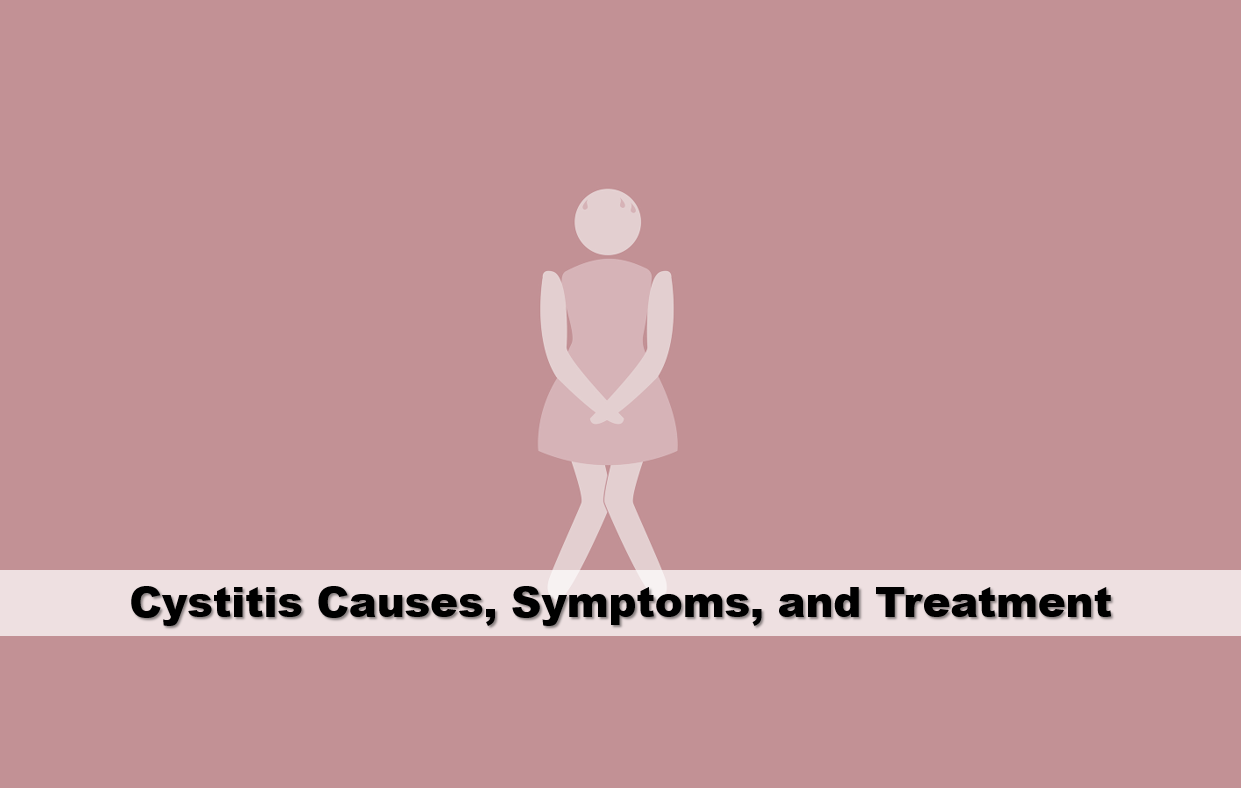Nosebleed Causes and Treatment

A nosebleed can happen to almost everyone. What are the causes of nosebleed? When a nosebleed is serious? Nasal bleeding is a common clinical condition that concerns people. Very few nosebleeds can be a precursor to serious problems such as tumors or high blood pressure. Every year, approximately 5-10 percent of the population is experiencing nosebleeds, and 90 percent of the bleeding spontaneously passes without any operation. There are several causes of nosebleed. Let’s look at nosebleed causes and treatment in the following text.
Nosebleed Causes
Nasal bleeding is common in children, and it is usually easily treated. Sometimes bleeding may be more severe in older people, or in people with other health problems such as blood diseases. There are two types of nosebleeds. Nasal bleeding may begin from the anterior part of the nose or posterior of the nose. There are many causes of nosebleed. Anterior nosebleeds are more common in younger ages, whereas posterior nosebleeds are more common in older ages. According to the statement made by experts, these findings should be taken seriously, and necessary precautions and controls should be made.
The most common causes of nosebleed are as follows:
- Nose picking (especially in children)
- Blowing your nose too hard
- Cold and dry air
- Continuous use of nasal spray
- High altitude
- Diseases such as sinusitis, colds, and flu
- Allergic rhinitis
- Nasal septum deviation
- High blood pressure (hypertension)
- Some hormonal diseases
- Bleeding disorders (such as hemophilia)
- Sinus tumors
- In posterior nose bleeding; cardiovascular diseases such as arteriosclerosis, hypertension (high blood pressure), new nose surgeries, use of blood thinners, bleeding disorders such as hemophilia, leukemia (blood cancer) should be considered.
Nosebleed Treatment

If you have nosebleeds, do not panic if you do not know the cause. The first priority is to stop the bleeding in a short time. You can stop most nosebleeds with simple first aid:
- If you do not feel like fainting, sit down and lean slightly forward.
- Squeeze and press the outside of the nose for 5 to 15 minutes with the nose between the index finger and the thumb. Apply to the soft part of the nose to be pressed. If bleeding does not stop, perform the same procedure for another 5-15 minutes.
- Do not put any substance into the nose. When this tissue is removed, the nose starts bleeding again.
- If possible, get into a cold place. Wash your face with cold water and gently sniff cold water to the blood vessels can help to shrink and close.
- Apply an ice pack to the nose to accelerate blood clotting.
When Should I Consult A Doctor?
- Recurrent nosebleeds,
- In case of bleeding from other places than the nose (e.g. urine and defecation),
- Bruises even with slight strokes in the body,
- When aspirin-like blood thinners are used,
- In cases where there are diseases such as liver, kidney, or hemophilia that may cause clotting disorder,
- If chemotherapy has been recently taken,
- If the bleeding is still present, even though the nose is pressed for ten minutes,
- If there is a feeling of fainting, dizziness, or fainting,
- If palpitation or breathing is difficult,
- If blood comes from the mouth with spitting or vomiting,
- If you have additional symptoms such as fever and rash/redness, you should go to the hospital immediately.





